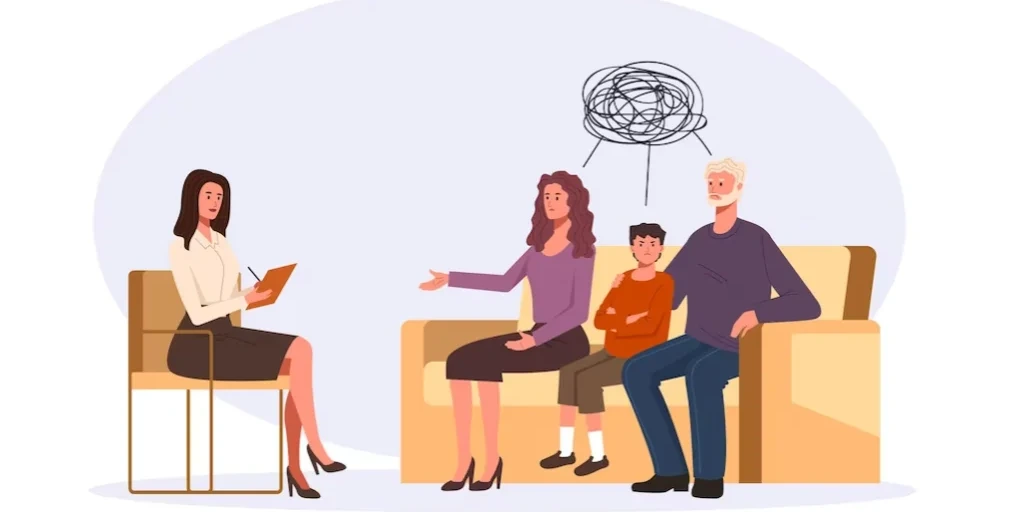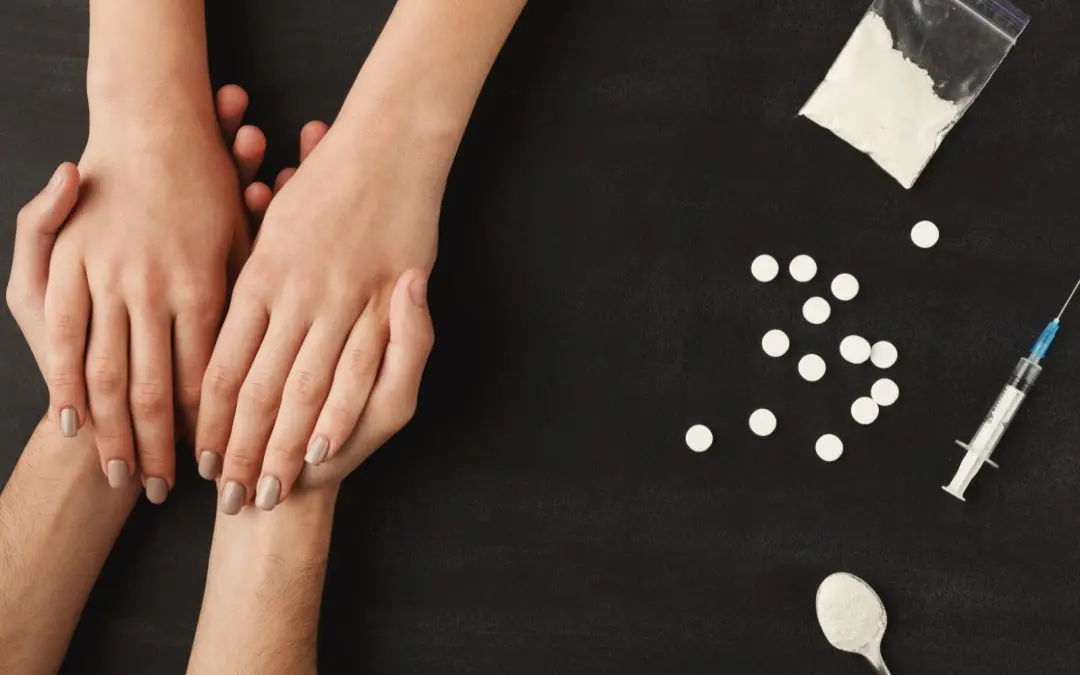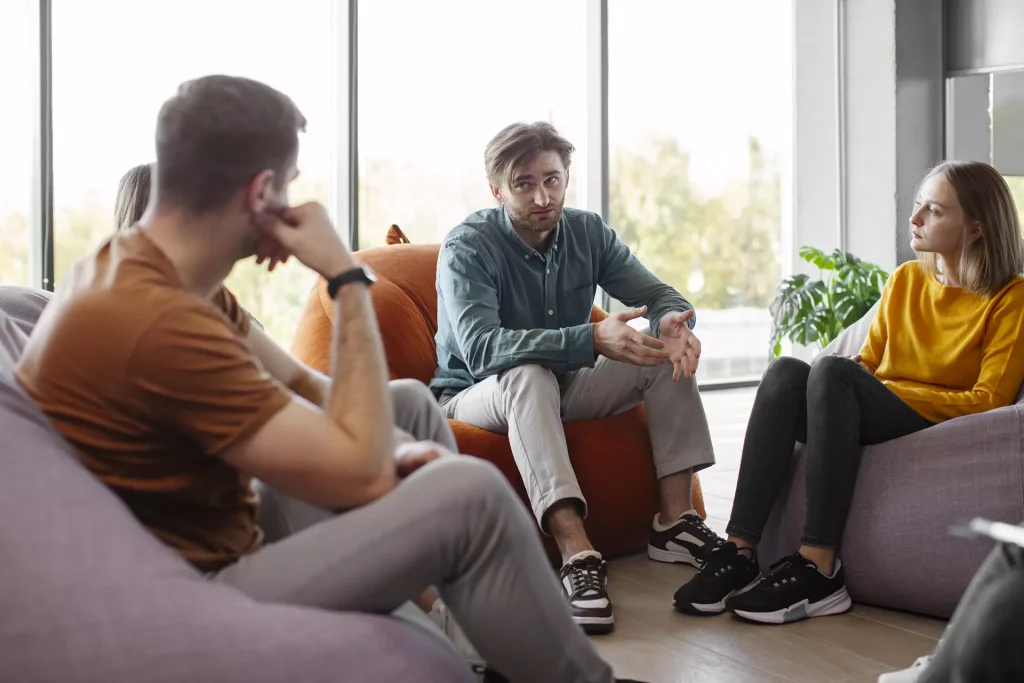24/7 Helpline:
(866) 899-221924/7 Helpline:
(866) 899-2219
Learn more about Depression Treatment centers in Dowagiac
Depression Treatment in Other Cities

Other Insurance Options

Regence

Medical Mutual of Ohio

Carleon

Anthem

Premera

Oxford

Ambetter

Magellan Health

MHNNet Behavioral Health

Aetna

PHCS Network

BlueShield

CareSource

Health Net

Kaiser Permanente

Horizon Healthcare Service

Covered California

GEHA

WellCare Health Plans

BHS | Behavioral Health Systems






Woodlands Behavioral Healthcare Network
Woodlands Behavioral Healthcare Network works with individuals, families, and the community to inspi...





















































































